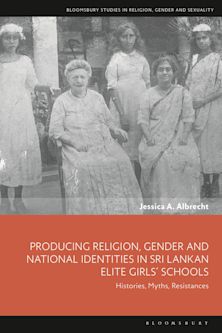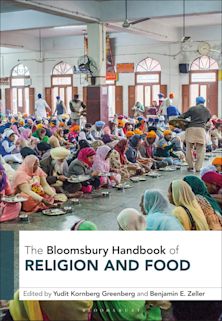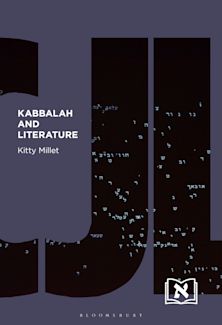Indian and Western Philosophical Concepts in Religion
Indian and Western Philosophical Concepts in Religion
This product is usually dispatched within 1 week
- Delivery and returns info
-
Free CA delivery on orders $40 or over
Description
Philosophical concepts are influential in the theories and methods to study the world religions. Even though the disciplines of anthropology and religious studies now encompass communities and cultures across the world, the theories and methods used to study world religions and cultures continue to be rooted in Western philosophies. For instance, one of the most widely used textbooks used in introductory courses on religious studies, introduces major theoreticians such as Edward Burnett Tylor, James Frazer, Sigmund Freud, Emile Durkheim, Karl Marx, Max Weber, Mircea Eliade, William James, E. E. Evans-Pritchard, and Clifford Geertz. Their theories are based on Western philosophy. In contrast, in Indic philosophical systems, such as Buddhism, Hinduism, and Jainism, one of the common views on reality is that the world both within one self and outside is a flow with nothing permanent, both the observer and the observed undergoing constant transformation. This volume is based on such innovative ideas coming from different Indic philosophies and how they can enrich the theory and methods in religious studies.
Table of Contents
1.The Dialogical and Therapeutic Paradigms in Indian Philosophy, by Karl-Stéphan Bouthillette
2.Sa?khya and Yoga as an Indian Religious and Cultural Science, by Al Collins
3.The Notion of Play (Lila) in Gaudiya Vai??avism and Its Implications for the Western Understanding of Play, by Carl Olson
Part II. Hindu, Buddhist, and Jain Theories for Religion
4.Dharma: A Short History, by Pankaj Jain
5.Anthropology and Religious Studies through Buddhist Lens: Dissolution of the Observer and the Observed in Emptiness, by Soraj Hongladarom
6.Non-Reductive Integral Pluralism: Anekantavada as a Methodology for the Study of Religions, by Jeffery D. Long
7.Mahayana Buddhism and the Social Sciences, by John Clammer
Product details
| Published | Jan 06 2023 |
|---|---|
| Format | Hardback |
| Edition | 1st |
| Extent | 162 |
| ISBN | 9781793623157 |
| Imprint | Lexington Books |
| Illustrations | 1 b/w illustrations; |
| Dimensions | 237 x 159 mm |
| Series | Explorations in Indic Traditions: Theological, Ethical, and Philosophical |
| Publisher | Bloomsbury Publishing |

ONLINE RESOURCES
Bloomsbury Collections
This book is available on Bloomsbury Collections where your library has access.


































